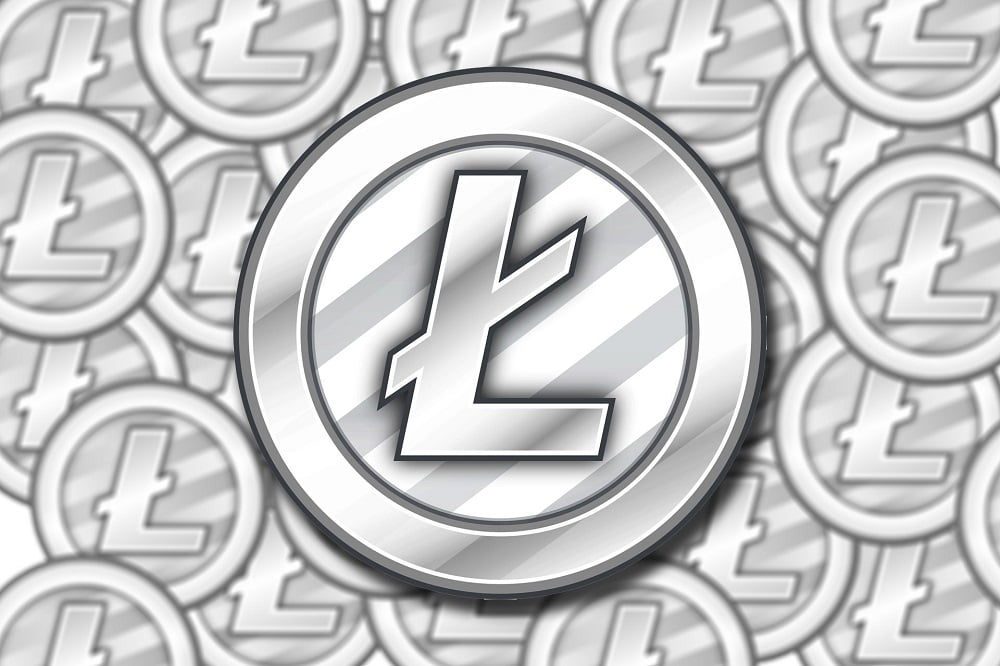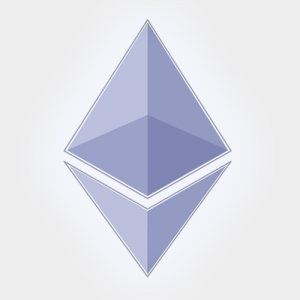From groceries to fine art,
blockchain finds widening appeal

Chronicled CEO Ryan Orr attends a daily briefing with employees at their office in San Francisco, Calif. on Thursday, April 6, 2017. Chronicled has developed blockchain authentication and chain-of-custody technology using small chips embedded into products, pharmaceuticals, and artwork.
Walmart is on a mission to forever change what people know about their groceries. The retail giant began in October to collaborate with IBM and Tsinghua University in Beijing to trace an array of food products moving through its vast global supply chain with an emerging technology known as blockchain.
The experiment, which will wrap up next month, will help Walmart understand how to make use of blockchain — a secure system of recording data that, many believe, could have a transformative effect on the world’s economy. The technology is already creeping into everything from supply chain management to banking to health care. “I’ve yet to come across an industry where it won’t have an impact,” said David Treat, a managing director at Accenture who leads the consulting firm’s financial services and blockchain practice group.
At its core, blockchain refers to an accounting system known as a distributed ledger. That ledger lives on a network of synchronized computers that communally capture and verify when a transaction takes place. Any time something of value gets exchanged, the data surrounding that exchange are recorded, encrypted and placed into a “block” visible by anyone granted access to the network.
Those blocks are then “chained” together chronologically, creating a timeline that can be traced to an initial transaction. That chronology is key to blockchain’s security since no individual block of data could be successfully altered without affecting all the other blocks in the chain. The technology would replace methods of accounting and tracking transactions.
“Whether you’re talking about a commodity or anything else, it’s a secure road map of where it’s been and who’s held it,” said Grant Fondo, an attorney, and co-chairman of the digital currency and blockchain practice at the law firm Goodwin Procter in San Francisco.
Blockchain technology emerged in the shadow of bitcoin. From the outset, a big appeal of the trendy digital currency was its ability to let users transfer funds without the need for a designated third party — like a bank, credit card company or other payment network operator — to verify the details of the transaction. But in recent years, even as the hype surrounding bitcoin has fizzled, blockchain’s secure ledger system is expected to endure by virtue of its versatility.
Chronicled, a San Francisco startup (unrelated to The Chronicle), is using blockchain technology to tackle counterfeiting. By placing microchips onto or inside of virtually any physical object, Chronicled can register critical identifying data about that object onto the blockchain, authenticating it as the original and tracking each step in its purchasing history.
“We don’t realize how bad the problem of copies and counterfeiting and clones really is,” said Chronicled CEO Ryan Orr. “But fake license plates, fake bottles of Champagne and spirits, fake Louis Vuitton handbags — we’re talking about a $2 trillion counterfeit market today.”
Chronicled’s anticounterfeiting technology has a particular appeal with the art world. In January, Chronicled teamed up with 111 Minna Gallery, a San Francisco art gallery and event space, for an event that was equal to parts art exhibition and tech expo. Each piece of art was assigned a chip that registered it on a blockchain. Equipped with a special app on their phones, gallery-goers could access a wealth of information about the works, and even purchase them, if they chose to do so.
“This is a secure system of identification and identity verification that’s never existed before,” Orr said. “So we can potentially solve this problem, and we can do a lot more on top of that once we can synchronize the physical and digital world identities, which was never possible before.” Walmart’s blockchain pilot program is limited to China, but Frank Yiannas, vice president of food safety, said that the company is considering expanding it.
So far, Walmart is offering scant details about precisely what types of foods are being tracked on its blockchain system, but Yiannas said the goal is to bring transparency into the food supply chain and to get the myriad players in that chain to harmonize the ways they keep track of products moving through it. The tracking device can be on a small sticker.
“Imagine if you could capture data at the farm level on a digital system, how something was produced, where it came from — any relevant information to a consumer,” he said. “What that allows for is a new insight that could provide a new era of transparency and insight we just don’t have today.”
Yiannas said the level of detail he hopes to capture with blockchain gets down to “an individual apple. You pick up an apple and you know where that apple came from,” he said. “Imagine the consumer, who is mostly removed from food production, being able to scan a food product and know the things they want to know about it,” he added.
Capturing data on a blockchain about a particular product as it moves “from farm to fork,” Yiannas said, will also allow Walmart to better respond to food safety recalls. Currently, it can take weeks to trace a tainted product back to its source — a process that, with a blockchain, could take seconds, since growers, packing houses and distributors would all be placing their data in the same place, where all parties can see it. Beyond supply chains, blockchain technology has also made significant inroads in the banking industry, one that has a constant need to quickly authenticate and record transactions.
Ripple, a blockchain developer in San Francisco, specializes in systems that allow banks to send payments to one another. Banks can save money by transacting directly with one another, rather than relying on a clearinghouse or other third party to verify and process payments. This month, a consortium of 47 banks in Japan announced they would be implementing Ripple’s technology after a successful pilot program.
Blockchains are also beginning to reach into health care. In January, IBM, a major vendor of blockchain software, announced that it is working with the Food and Drug Administration to research how blockchains could be used to securely and efficiently transfer large amounts of patient data pulled from electronic medical records, clinical trials, and even wearable devices.
And officials in Cook County, Illinois, said last year that they intended to start a blockchain experiment for tracking the transfer of land titles. “Distributed ledgers are a paradigm shift in how we process transactions,” said Jesse Lund, the head of IBM’s blockchain market development. “It saves businesses money and it empowers consumers. I definitely think that it’s a shift with global implications, from a human perspective.”
Chuck Reynolds
Contributor
Alan Zibluk Markethive Founding Member












